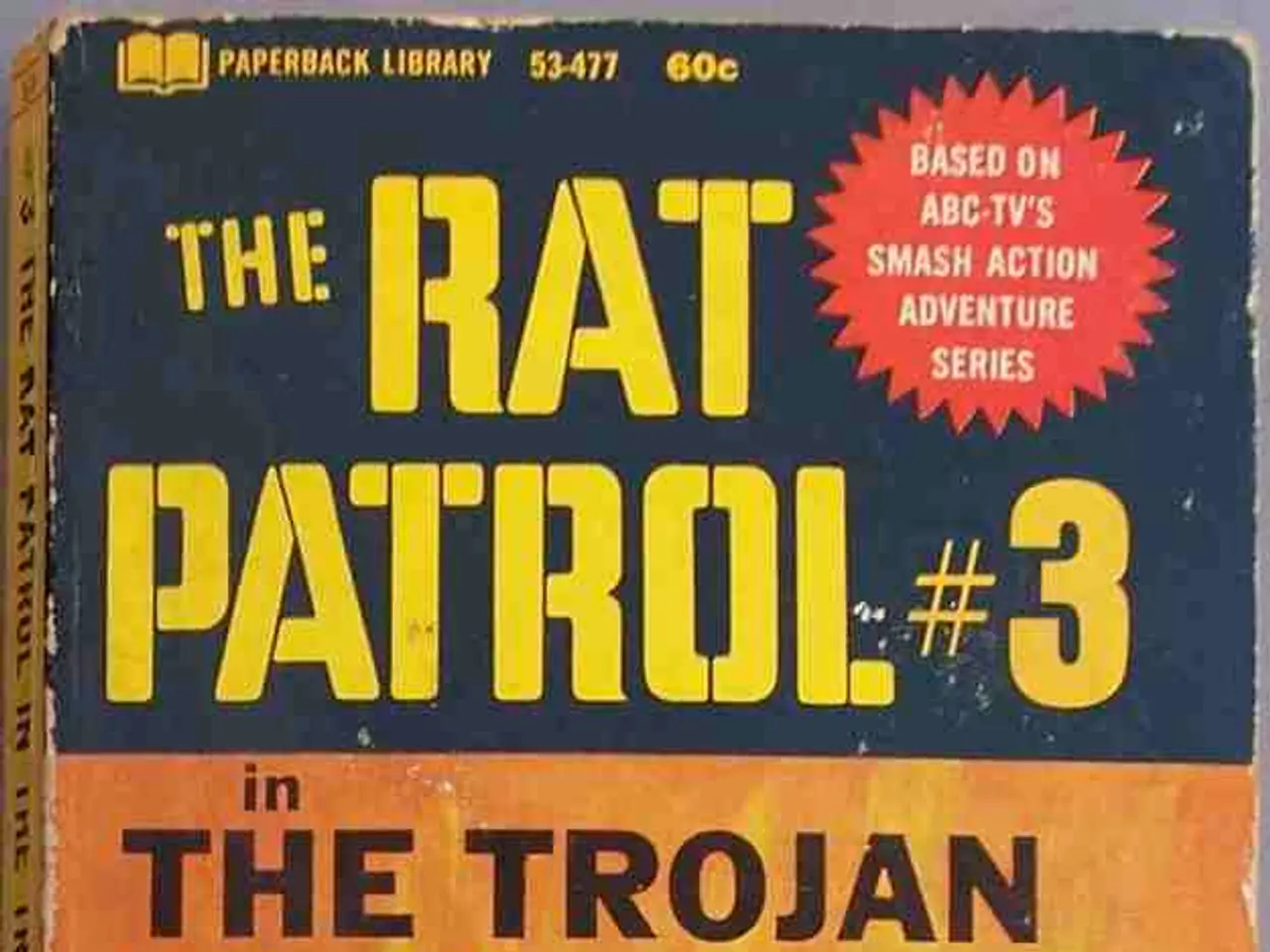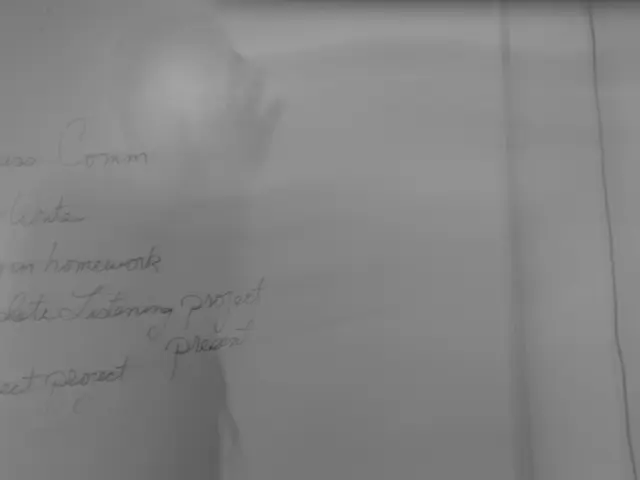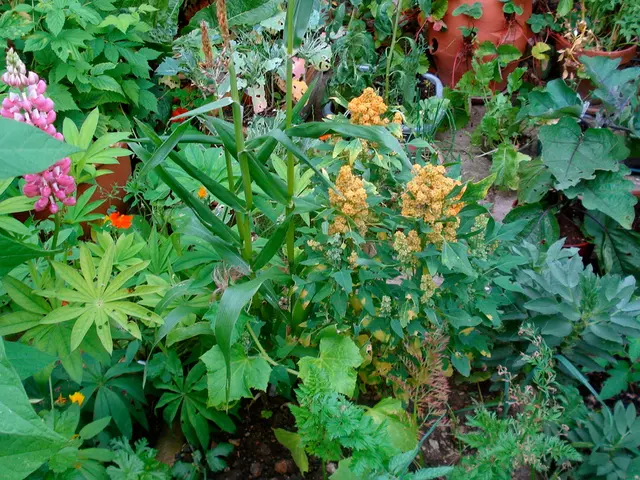Relentless military siege escalates in Sudan's city, reportedly the most aggressive paramilitary attack thus far
In the heart of Darfur, the simmering tension has reached a boiling point. Women wield long wooden paddles, stirring a mass of brown paste in a cauldron, as families, weary and silent, await their fate. This is a daily scene in El-Fasher, the only major city in the western Darfur region still under the control of the regular army, which has been under siege by the Rapid Support Forces (RSF) since May 2024.
The RSF, led by Mohamed Hamdan Daglo Hametti during their fiercest assault on El-Fasher in April 2023, have shifted their focus west to Darfur, aiming to tighten their hold on the region and establish a rival authority. The high-pitched shriek of incoming mortars or the crack of gunfire are ever-present as RSF fighters push to capture the city and the adjacent Abu Shouk camp.
The latest offensive has targeted El-Fasher's airport, some neighborhoods, and the Abu Shouk camp, with the latter now largely under RSF control. The constant bombardment and restricted communications make it nearly impossible to share images of life inside El-Fasher, and residents say filming certain areas exposes them to attacks.
The UN has reported at least 89 people killed in El-Fasher and Abu Shouk in just 10 days this month. Local activists report that many have died from hunger, thirst, or violence along the escape route. The only escape route from El-Fasher, a 70-kilometer rugged road westward, has become a graveyard, strewn with dozens of unburied bodies.
El-Fasher, the North Darfur state capital, has a population of about 300,000 people and has been described as an "epicentre of child suffering" by the United Nations. According to UN estimates, nearly 40 percent of children under five in El-Fasher are either acutely or severely malnourished.
Mohamed Khamis Douda, a humanitarian worker, stated that El-Fasher faces "famine and other disasters". He added that disease is rampant, clean water is gone, and medicine is unavailable. Witnesses, volunteer groups, and aid workers have reported intensifying RSF bombardment of El-Fasher and a nearby displacement camp, including artillery fire, drone strikes, and ground incursions.
For some residents, escape is not an option due to a lack of funds. Halima Hashim, a schoolteacher, stated that staying behind is like a slow death, but leaving is dangerous. Civil servant Saleh Essa walked for three days with his family to reach Tawila, traveling under cover of darkness to avoid checkpoints. Many arrivals in Tawila are traumatized, exhausted, and bear gunshot wounds from attacks along the route.
Rare footage obtained by AFP shows children crouched around a single pot of food in a smoke-filled communal kitchen, their faces gaunt and expressionless. The only respite from the chaos is the quiet hum of the women stirring their pots, a rhythmic reminder of the struggle for survival. The future of El-Fasher remains uncertain, as the RSF continues its relentless push to control the city.
Read also:
- Ad Agency Group Cheil Consolidates Operations in North America to Focus on Untapped Mid-Market Sector
- Aligned spine complications: What are potential indicators?
- Managing Potential Side Effects of Kerendia, From Mild to Severe
- Governmental entities urged to designate health facilities as primary sources for the registration of births and deaths.








